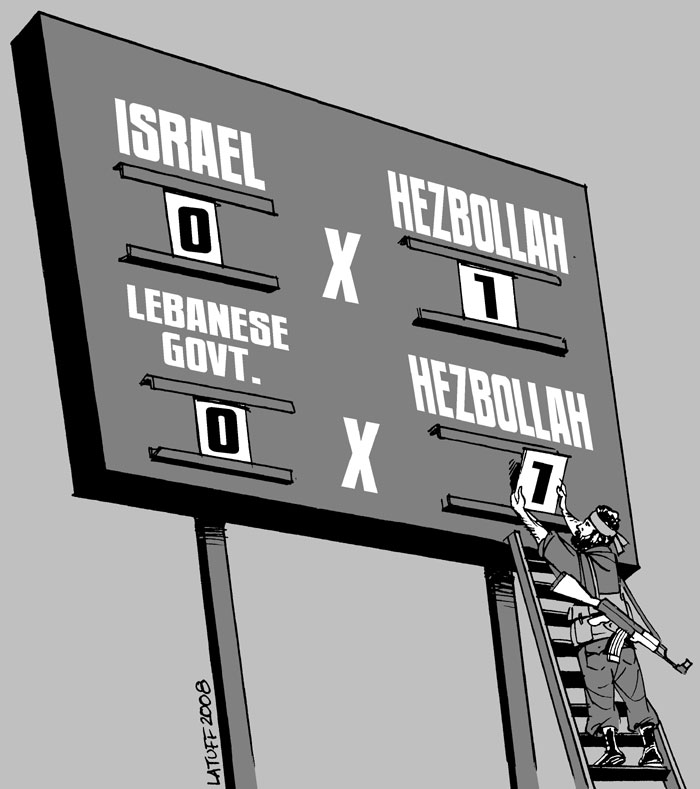(repeat three times)
- show an absolutely determined willingness to fight if Russian vital interests are threatened (08.08.08 war against Georgia)
- de-couple the EU from the US as much as possible by political and economic means (see the huge gas contracts through the north and south pipelines towards Western Europe)
- growl and bare fangs, but not quite bite, when confronted with US imperial hubris and threats (Russian response to NATO anti-missile system in Europe)
- at the UN, insist on a full compliance with international law and UNSC resolutions (that, in itself, is a major annoyance for the USA who would love to have a legal cloak for all its imperial wars)
- develop new international structures and relations (think SCO and CSTO here) to counterbalance US controlled structures
- strengthen bilateral cooperation with independent partners (China, India, Latin America)
- protect the Russian economy from the slow-motion but inexorable crash of the Western capitalist economies, mainly by reducing Russia's dependence on the West (Putin and Medvedev have done an excellent job in making the Russian economy strong while protecting it from the worst effects of the economic crisis in the West)
- dramatically increase the Russian influence over the Central Asian region and its energy-rich resources (not by sending soldiers, but by participating in the economic development of this region)
- weaken the influence of US-controlled Wahabi insurgencies by supporting the traditional forms of Islam not only in the Caucasus region, but throughout Russia, including Moscow and other big cities and by developing Russian central and regional anti-terrorist capabilities.
- use Russian economic and cultural power to slowly improve relations with the population of countries like the Ukraine, Georgia, Moldova, or Latvia whose governments have recently (or are still) run by anti-Russian governments, while reaching out to promising political figures (like Nino Burjanadze)
- avoid openly confronting or antagonizing the US Empire, in particular when the latter is engaged in self-defeating policies (war in Afghanistan)
- develop military forces capable of:
- suppressing any insurgency inside Russia
- dealing with one or two simultaneous regional crises on the Russian borders
- project enough power to protect threatened regional allies (Tajikistan? Armenia?)
- execute complex joint operations with key allies (Kazakhstan, Belarus, Kyrgyzstan, Uzbekistan and, in a second phase, possibly China)
- maintain a strategic nuclear capability sufficient to deter the US from any ideas of an attack on Russia
You could say that the Russians are playing chess, while the Americans are playing monopoly.
This is, of course, a delicate, if not dangerous, balancing act. One could reasonably argue that the initial appearance of US 'success' in Kosovo, Afghanistan and Iraq resulted in the war in Georgia, or that the appearance of 'success' in Libya might now result in an attack on Syria. In fact, the one common feature of US and Israel strategic thinking is the systematic conflation of short term/tactical successes with long term/strategic gains. So when the US/Israeli Empire enjoys a short term/tactical victory, it tends to interpret that as a meaningful sign of power which results into a typical "who is next?" kind if mindset.
Russia therefore has to carefully balance letting the US/Israeli Empire over-extend itself against letting the resulting short term imperial hubris threaten important or even vital Russian national interests (see #3 above).







